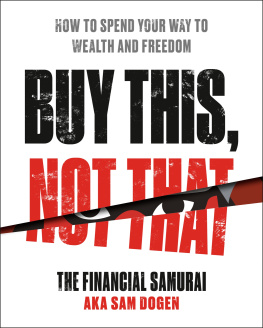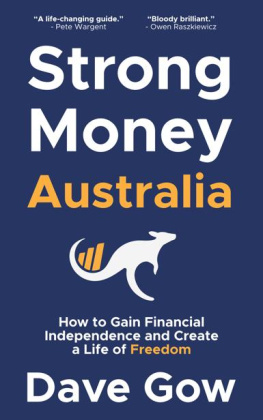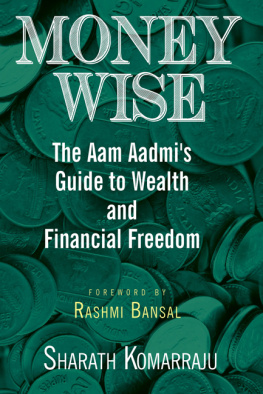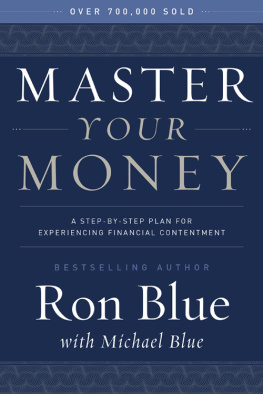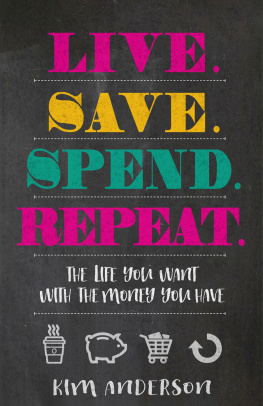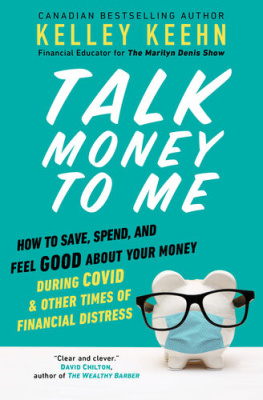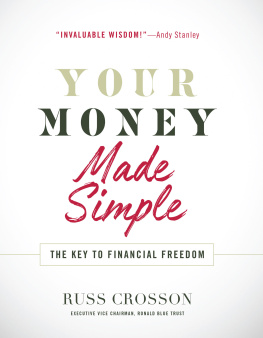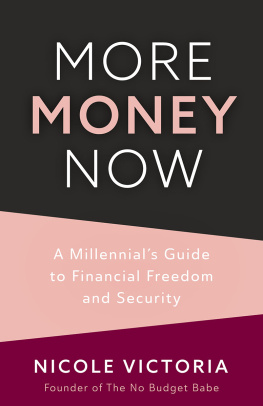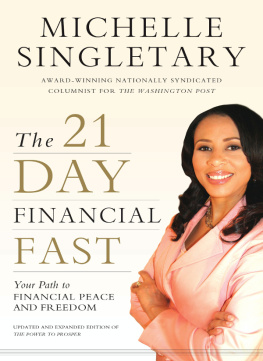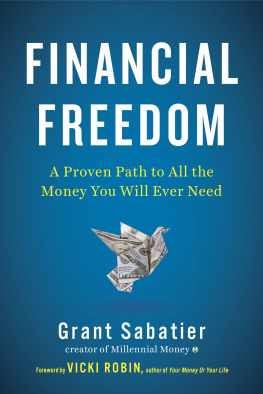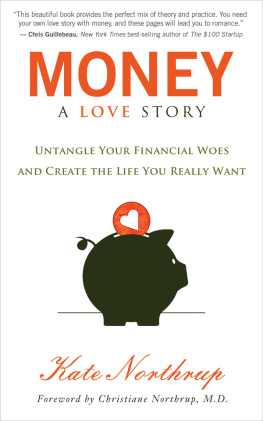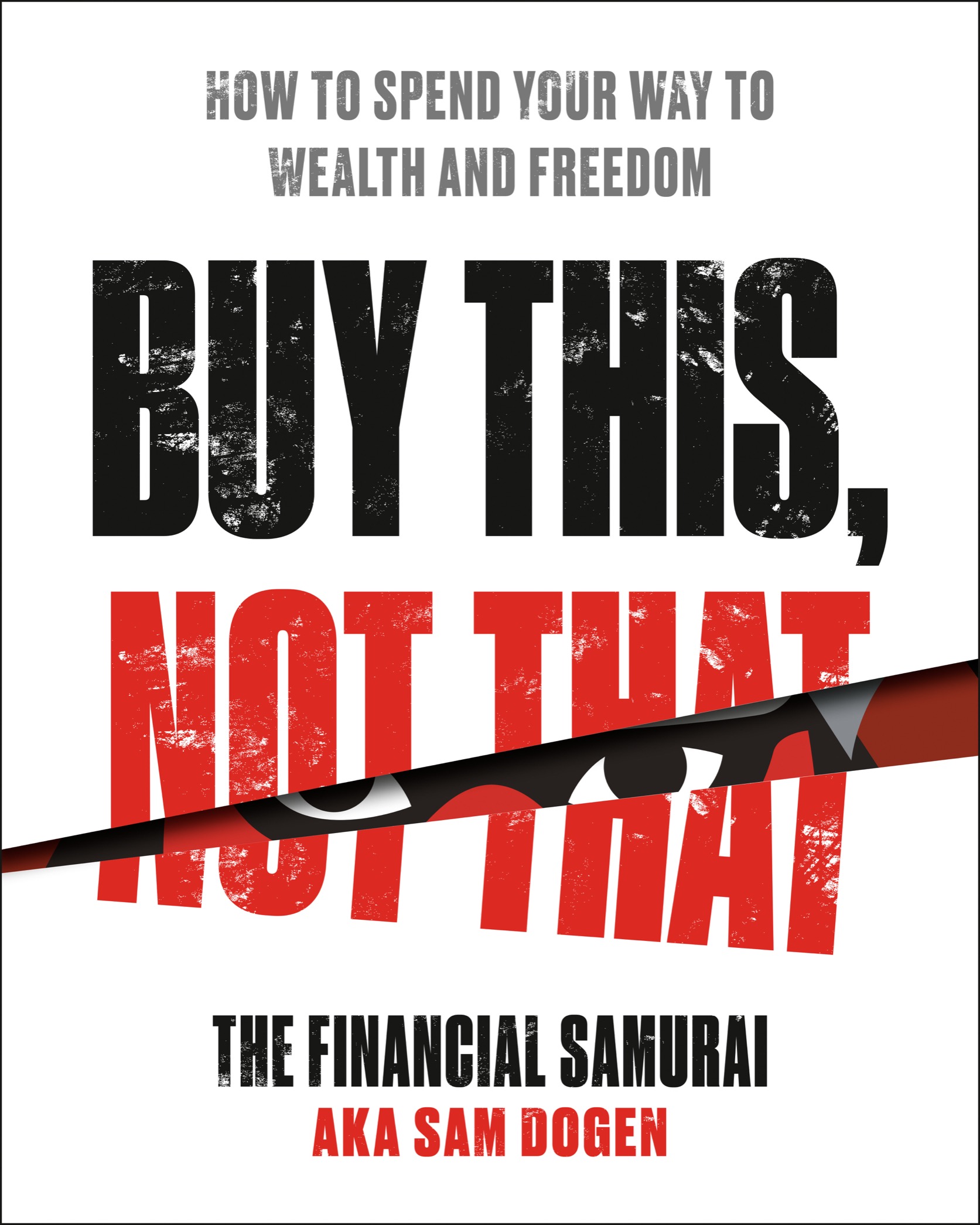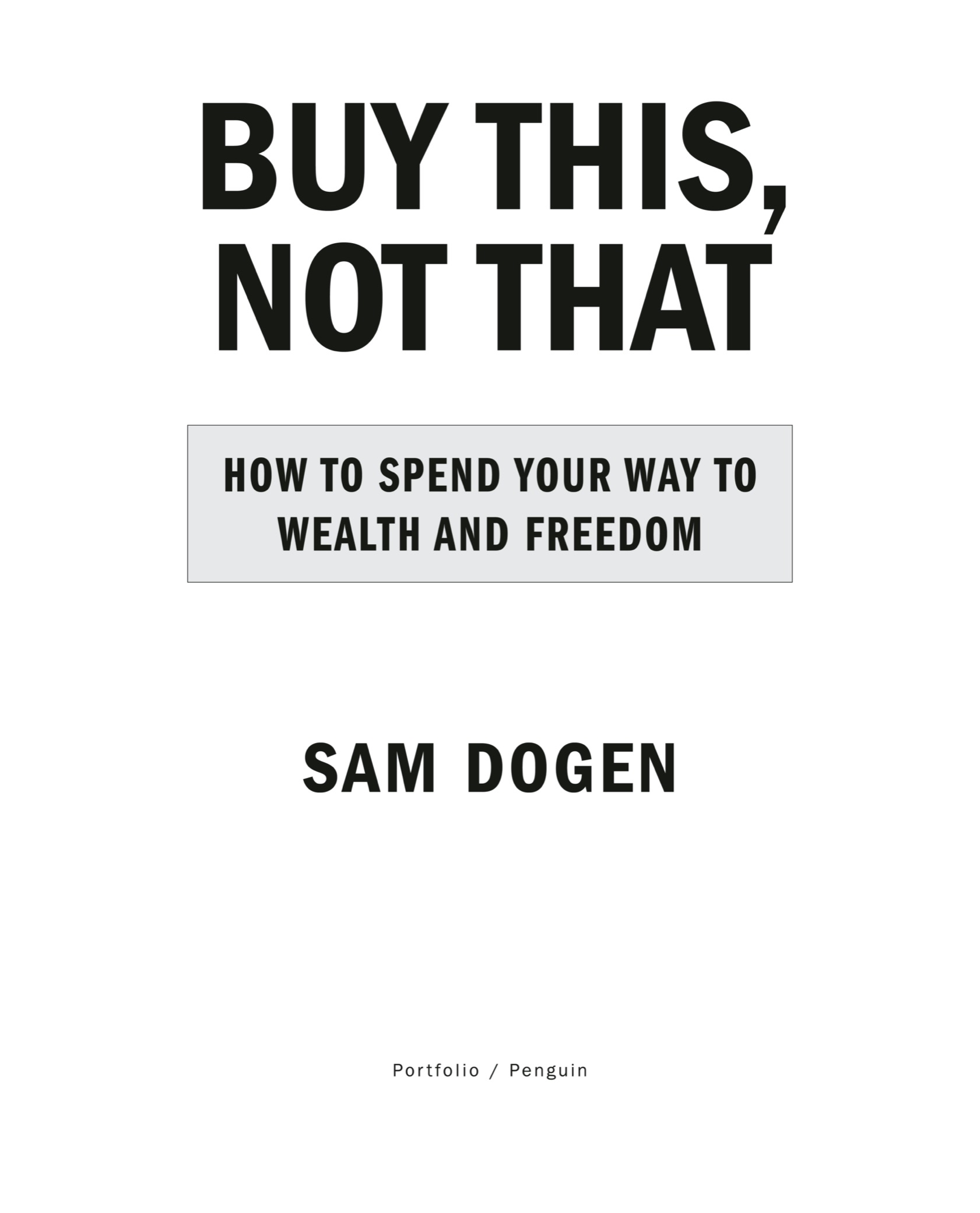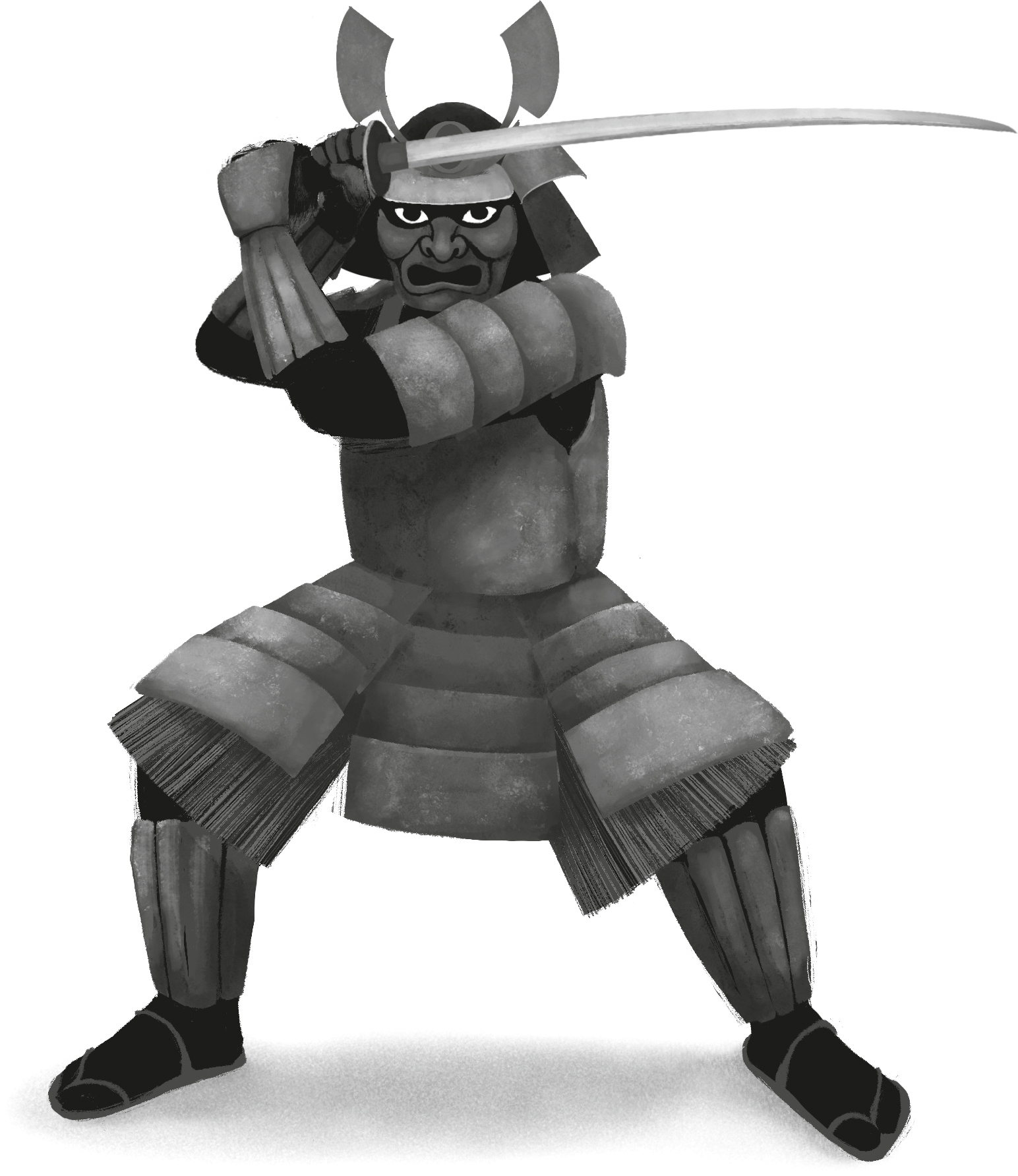
Portfolio / Penguin
An imprint of Penguin Random House LLC
penguinrandomhouse.com

Copyright 2022 by Kansei Incorporated
Penguin Random House supports copyright. Copyright fuels creativity, encourages diverse voices, promotes free speech, and creates a vibrant culture. Thank you for buying an authorized edition of this book and for complying with copyright laws by not reproducing, scanning, or distributing any part of it in any form without permission. You are supporting writers and allowing Penguin Random House to continue to publish books for every reader.
All tables from FinancialSamurai.com unless otherwise attributed.
Library of Congress Cataloging-in-Publication Data
Names: Dogen, Sam, author.
Title: Buy this, not that : how to spend your way to wealth and freedom / Sam Dogen.
Description: [New York] : Portfolio / Penguin, [2022] | Includes bibliographical references and index.
Identifiers: LCCN 2022016509 (print) | LCCN 2022016510 (ebook) | ISBN 9780593328774 (hardcover) | ISBN 9780593328781 (ebook)
Subjects: LCSH: Finance, Personal. | Consumption (Economics)
Classification: LCC HG179 .D57 2022 (print) | LCC HG179 (ebook) | DDC 332.024dc23/eng/20220506
LC record available at https://lccn.loc.gov/2022016509
LC ebook record available at https://lccn.loc.gov/2022016510
Cover design: Brian Lemus
Cover illustration: Detail of Financial Samurai logo by Colleen Kong-Savage
Author photograph: Financial Samurai
Book design by Tanya Maiboroda, adapted for ebook by Cora Wigen
This publication is designed to provide accurate and authoritative information in regard to the subject matter covered. It is sold with the understanding that the publisher is not engaged in rendering legal, accounting, or other professional services. If you require legal advice or other expert assistance, you should seek the services of a competent professional.
Some names and identifying characteristics have been changed to protect the privacy of the individuals involved.
pid_prh_6.0_140551115_c0_r0
For my father, Allen, for encouraging me to start. And for my mother, Kathy, for always letting me pursue my dreams.
Contents
Introduction
Financial Freedom, Sooner Than Later
Starting in 1999, my alarm clock began going off at 4:30 a.m. so I could get to work by 5:30 a.m. For someone who had dropped calculus because he had difficulty thinking straight at 8:00 a.m., sitting at my desk under bright fluorescent lights at 5:30 a.m. felt like a special type of torture.
Not only did I have to get to work while it was still dark, but I often had to stay until after sunset to connect with my colleagues in Asia. Over the next two years, I gained twenty pounds, I developed plantar fasciitis, sciatica, allergies, and chronic back pain, and my scalp started creating daily snowstorms because I was incessantly scratching my head due to stress.
Working in international equities at Goldman Sachs in New York City was supposed to be my dream job, but I quickly realized that if I made a career out of banking, I would probably die prematurely.
So I came up with an escape plan. Like Andy Dufresne from The Shawshank Redemption, I knew I would have to crawl through a tunnel of excrement to achieve freedom. But unlike Andy, who was trapped in prison for nineteen years until he escaped at fifty-eight, my plan was to escape by age forty.
I figured hustling for eighteen years after college was about as much work stress as I could handle. If I saved and invested aggressively, eighteen years would also be a long enough runway to build a passive-income portfolio that could pay for all my living expenses. With potentially forty years left to live after age forty, I would have time enough to heal and enjoy life to its fullest.
In the end, I was able to leave banking in 2012 at the age of thirty-four, partially thanks to negotiating a severance package that paid for about six years of living expenses. In other words, the severance package bought me the most precious commodity of all: time.
Life is both long and short, fast and slow. We must try to make the most of each day so we can minimize looking back with regret. Financial freedom, sooner than later is a personal mantra and the guiding theme of Financial Samurai, the website and community I have been running since July 2009.
It is also at the heart of this book.
Financial Freedom Means Something Different for Everyone
Ultimately, financial freedom means you get to do what you want when you want.
Financial freedom is also a defensive and offensive position at the exact same time.
Defensive because when the shiitake mushroom hits the fan in ways that are completely out of your control (hello, 20089 financial crisis; hello, 202021 pandemic; hello, never-ending geopolitical risks), you and your family will still be okay. Your finances are strong enough that you get to live your life mostly unimpeded.
Life is hard, and we all experience significant stress at times. None of us are immune. So hopefully this book, among other things, will be able to make a strong contribution toward reducing that kind of emotional upheaval and contributing to your peace of mind.
Just as important as living life on your own terms, financial freedom is also an offensive position. This is the mental difference between playing to win and playing not to lose. Once you nail survival mode, you can level up to win mode.
When youre free to play offense, you can make new investments, spin up cool projects, and work on crazy entrepreneurial ideas that youd never have tried otherwise. Some of the wealthiest people in the world owe their wealth to being able to afford to take tremendous risks.
Success is often a numbers game, and money itself is just a means to an end. But money, applied, can open doors to things you want to do with your finite time. Understand how you ultimately want to spend your time each day and use money to achieve your goals.
For now, as a father with two young children, having financial freedom for me looks like this: spending as much time as possible with my family, writing, playing tennis and softball, and constantly looking for new ways to learn from and connect with people.
The Motivation to Keep Going
Figuring out how to best apply (grow, spend, save, invest, give) your money, at whatever age and stage of life youre in, is what I have been writing about at Financial Samurai since 2009.
As of this writing, more than ninety million people have stopped by Financial Samurai, most of them looking for a change. Ive been privileged to hear from readers around the world who have eradicated their debt, fixed their spending habits, bought their first homes, left toxic environments, created thriving side hustles, built substantial retirement portfolios, and so much more.

